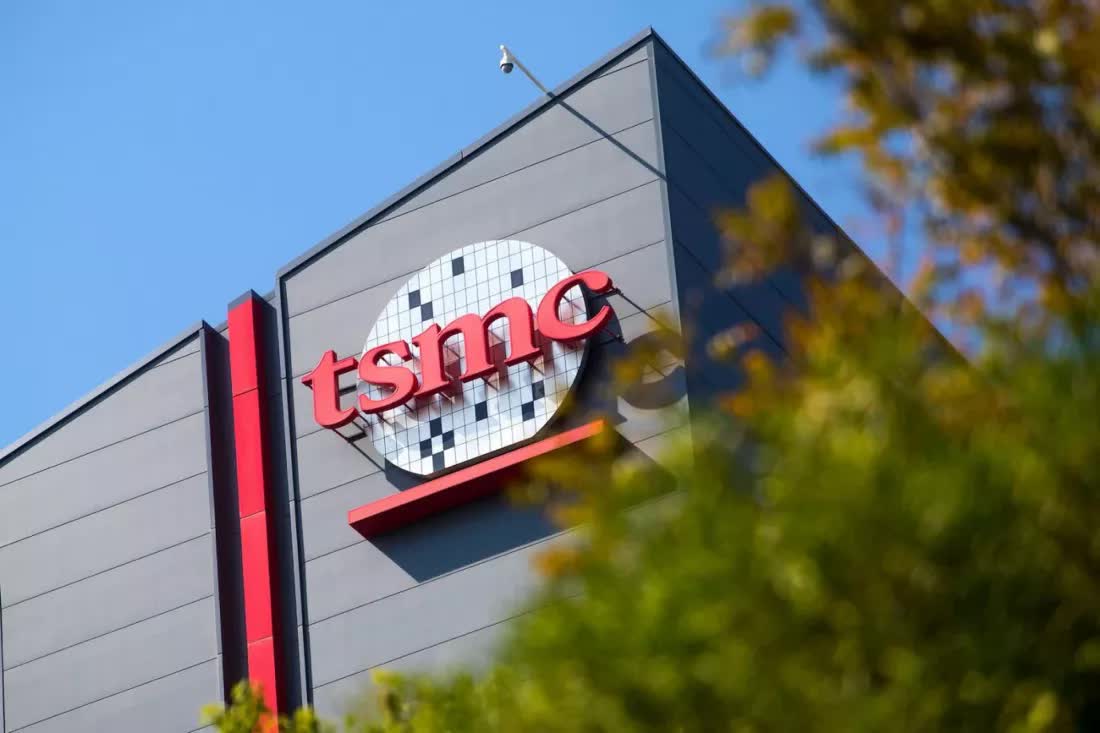The big picture: Germany is looking to pump up its local microelectronics industry and is using lucrative subsidies to attract chipmakers to the region. Intel has already signed up to participate but at least one other major chipmaker is still on the fence.
Local media (per The Register) claim Intel will receive 6.8 billion euros ($7.15 billion) in subsidies to build a cutting-edge campus in Magdeburg. Intel announced the colossal project in March and pegged the initial cost at no less than 17 billion euros. The German subsidy will cover roughly 40 percent of the total cost.
Intel's expansion in the region will go a long way to helping the EU reduce its reliance on chip imports. In February, the European Union announced the European Chips Act with the goal of doubling its share of the global semiconductor market by 2030.
The local government is interested in hosting other chipmakers as well but not everyone is ready to play ball right now.

Earlier this week, Taiwan Semiconductor Manufacturing Co Chairman Mark Liu said they have relatively few customers in Europe. TSMC is still assessing the possibility of expanding into Germany but they "do not have any concrete plans" as of now, Liu added.
Intel is on track to begin construction in the first half of next year. Should everything go according to plan, the hub will create around 3,000 permanent jobs for locals. Mass production of chips on an advanced process node will commence in 2027.
